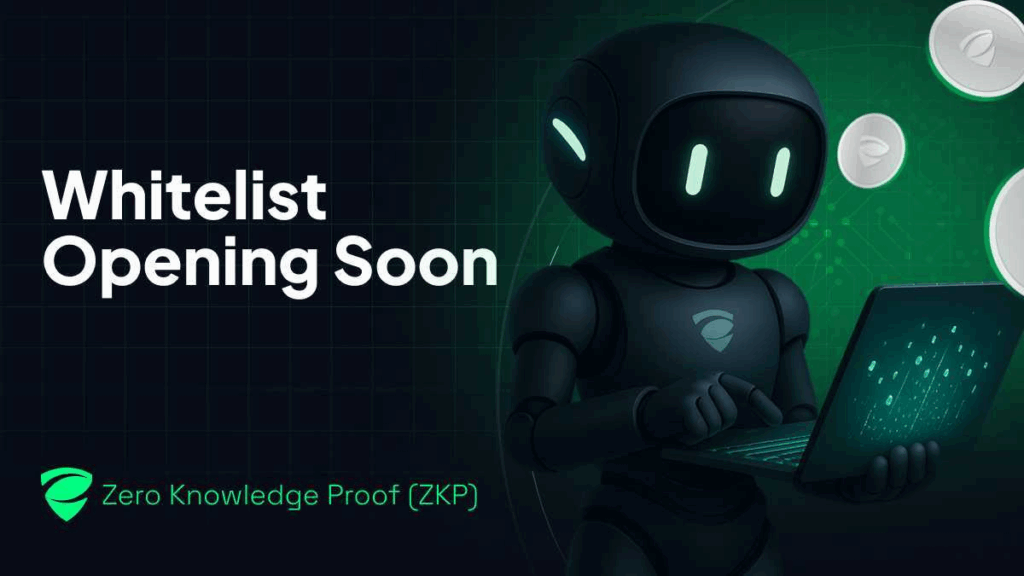Charles Hoskinson, the founder of Cardano, recently addressed concerns about the network’s governance structure, reassuring ADA enthusiasts and users that development processes will be robust and transparent.
In a March 16 video, Hoskinson responded to FUD (fear, uncertainty, and doubt) about CIP 1694, a new governance proposal set to usher in the age of Voltaire to Cardano.
The Voltaire era of Cardano will be the fifth major phase of the Cardano blockchain, and is expected to lay out the foundations for decentralized decision-making, ushering the network into a self-sustaining system.
Thus, CIP 1694 seeks to build on and extend the original Cardano governance with the introduction of a voting and treasury system enabling network participants to use their stake and voting rights to influence the future development of the network.
In the session, Hoskinson rubbished claims that the proposal was being pushed in a closed private process being controlled by a single entity, threatening decentralization after recent meetings by developers on the issue.
According to him, the CIP would make the network’s governance system more decentralized by creating more choices for voters.
The proposal would give Cardano’s constitutional committee immense powers, which compromises IOG insiders, pitting their governance decisions against those of the network users.
Recently, Hoskinson was forced to respond to similar claims after Vanessa Harris, a Web 3 advisor, claimed that the CIP-1694 setup was designed to ensure that Input-Output Global (IOG), the developers of Cardano, would continue controlling the project.
According to her, the proposal would give Cardano’s constitutional committee immense powers, which compromises IOG insiders, pitting their governance decisions against those of the network users.
However, Hoskinson quickly dismissed the claim, describing it as “categorically false and a great example of how FUD spreads.”



